Juneteenth: Amplifying Black Voices
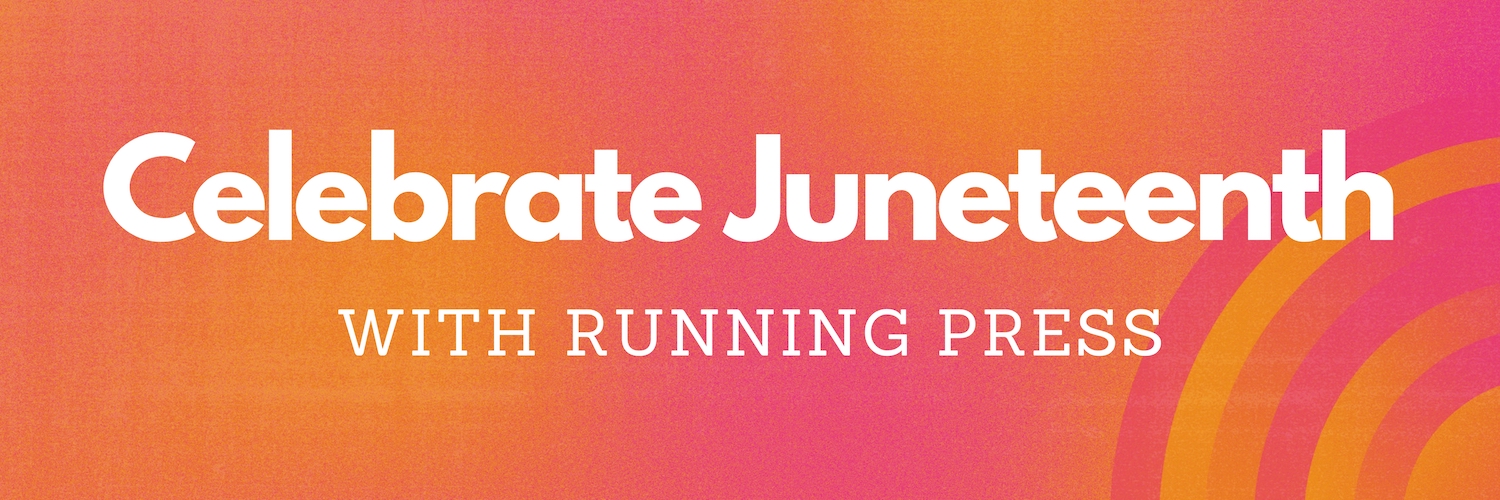
Juneteenth (which also goes by Freedom Day, Jubilee Day, and other names) commemorates the day that all enslaved Africans finally learned of their freedom. To honor this incredible moment, we are continuing our mission to amplify Black voices by inviting our authors to share what Juneteenth means to them. Read on for powerful reflections from Kiana Fitzgerald, Jordannah Elizabeth Graham, Destiny Taylor, Dossé-Via Trenou, Alonzo Vereen, Zenda Walker, and Nyasha Williams.
Newsletter Signup
By clicking ‘Sign Up,’ I acknowledge that I have read and agree to Hachette Book Group’s Privacy Policy and Terms of Use
Kiana Fitzgerald on the Higher Power Guiding Her to Creative Liberation
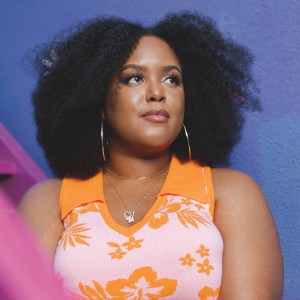
“Juneteenth 2016 was the day that I cemented my unwavering dedication to hip-hop, by far the greatest love of my life. It was a picture-perfect Sunday afternoon, and I had my very first live DJ gig on a rooftop in Brooklyn, New York. As a native Southerner—specifically, a small-town Texan from just a few hours west of Galveston, the origin of Juneteenth—I felt like it was my duty to bring the spirit of the South into this space. From underground acts like Robb Bank$, Dretti Franks, and Lofty305, to more established artists like David Banner and 21 Savage, I spun records that spoke to my heart and represented the emotional plight of people who have historically needed to be heard the most. Even though I was largely unfamiliar with the borrowed DJ equipment in front of me, the set went off without a hitch; it was almost as if my hands were being guided by a higher power, like I was fated to play these songs to the heavens for my ancestors, the artists, and for myself. Spreading love is the Brooklyn way, word to Biggie, and Juneteenth is the perfect opportunity for us to collectively adopt that mindset. May this holiday continue to inspire us to push our spirits toward sustained joy, creative liberation, and unabashed self expression.”
Detailed Title List
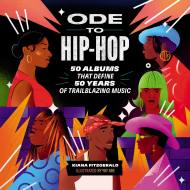
Ode to Hip-Hop
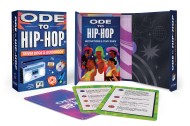
Ode to Hip-Hop Trivia Deck & Guidebook
Jordannah Elizabeth Graham on the Full Magnitude of Emancipation
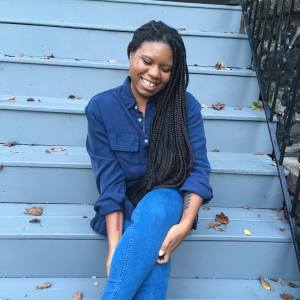
“On June 19, 1865, what then felt like nothing less than a miraculous occurrence, African American slavery was legally abolished. Millions of slaves were set free, and on this day, as I reflect on the magnitude of the political and social maneuver, I am thankful for my freedom. This day is now recognized as Juneteenth.
Being African American brings a lot of thoughts of trauma: police brutality, poverty and suffering; but as a Black woman in the 2020s, I can honestly express that my life is full of freedoms: to travel, pursue education, and marry who I please. My life, in all facets, has freedoms that many women across the globe do not have when it comes to marriage and educational rights. This, among other privileges I enjoy, is a powerful offering that has historically trickled down from 1865. I am blessed and honored to be a Black woman, an African American, a wife, mother, sister, daughter, widely published author, and friend. I am thankful for Juneteenth. Let us all celebrate the commemoration of this great day together!”
Detailed Title List
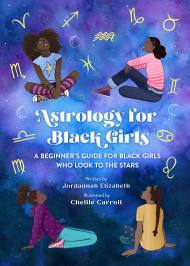
Astrology for Black Girls
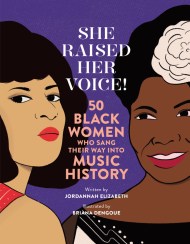
She Raised Her Voice!
Destiny Taylor on Walking Beside The Godmother of Juneteenth, Miss Opal Lee

“Last year, I had the opportunity to spend a weekend in Texas with Miss Opal Lee, aka The Godmother of Juneteenth. She is the activist who led the conversation and movement of establishing Juneteenth as a holiday. Miss Lee invited me into her home, lent me a dress for an evening occasion, and shared why she is passionate about Juneteenth. I attended her Juneteenth festival and was privileged to walk beside her for 2.5 miles. The mileage represented the 2.5 years it took for the news of freedom to reach enslaved people in Texas in the 1860s, and at 95, she walked every single step.
I am still figuring out what Juneteenth means to me, but seeing Miss Opal Lee’s passion has helped affirm its manifestation of my ancestors’ dreams and the progress Black Americans have made in this country that was once foreign to us.”
Detailed Title List

Prosperity Mantras
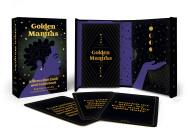
Golden Mantras
Dossé-Via Trenou on True Freedom From Invisible Shackles

“As an African and American woman living in West Africa, Juneteenth holds quite the symbolic meaning for me. Not only is it the commemoration of June 19, 1865—the date enslaved people in Galveston, Texas heard the news that they were emancipated—but it’s also a reminder that as Black people across the diaspora, and on the continent, our freedom is something we’ve always claimed. It’s not something that we must wait to be handed to us.
I’ve been inspired by the stories of enslaved Africans who may have physically not been ‘free’, but spiritually they always were. Millions of enslaved Africans revolted against their enslavers and completely rebelled against systemic oppression. When enslaved Africans were told they were not allowed to read or write, millions did so anyway. When enslaved Africans were told they were not allowed to practice their indigenous African religions, millions did so anyway. When enslaved Africans were told they were less than human, millions knew that they possessed supernatural abilities, starting with their ability to always be tuned into their Ori — their divine power source.
It’s due to the courage and boldness of my African ancestors that I am here today. My maternal ancestors were once enslaved in Brazil, and after emancipation some of them returned to their ancestral home of Bénin, a country along the coast of West Africa, as part of their homegoing pilgrimage. It’s due to their bravery that my family’s lineage now continues in the Motherland. It’s also a key reason why I created my travel agency for the African diaspora, Magic & Melanin. Juneteenth serves as a reminder that no matter how long one may attempt to keep us in shackles systemically, our spirits can never be contained; instead they will always set us free. Thank you Ori. Thank you ancestors.”
Detailed Title List
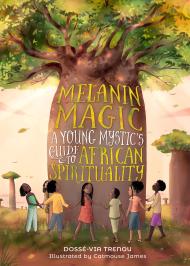
Melanin Magic
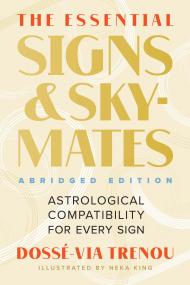
The Essential Signs & Skymates (Abridged Edition)
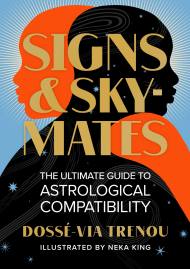
Signs & Skymates
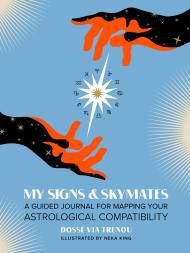
My Signs & Skymates
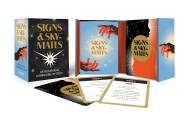
Signs & Skymates Astrological Compatibility Deck
Alonzo Vereen on Juneteenths Past and Present
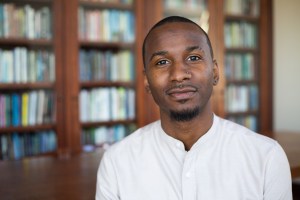
“I was born on the edge of Lake Okeechobee, among a boisterous and wild community of Black migrant farmers, and it was there I learned how to be free.
‘Pack your bags when the seasons change and the earth is done yielding itself to you,’ the old folks would say.
‘Do the same for whoever shares your bed.’
‘No place, no person has the right to hold you in chains.’
‘Slavery is dead.’
Such were the simple, unadulterated truths of a kid standing at the lip of his town’s Juneteenth parade, a squeeze cup filled with Jungle Juice numbing his hands. There were so many things I did not understand.
Like how busted up unions forced good farmers to accept low wages and no health insurance.
Like how the trauma of disrupted homes tainted the psyches of their most vulnerable.
Like how, even if places and people don’t have the right to subjugate others, they will, for the right profit margin.
It is only now I realize the truths flickering behind my elders’ eyes were far more complicated and sinister.
With no nostalgia tinting the Juneteenths of my past, I’m forced to admit that I see, on this Juneteenth, far too many similarities and too few differences.”
Detailed Title List
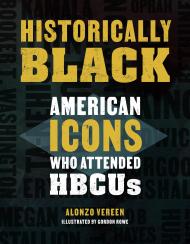
Historically Black
Zenda Walker’s Juneteenth Reflection at Hildene

“Monday January 1, 2024:
While standing before the framed replica of the Emancipation Proclamation at the Lincoln family home in Manchester Village, Vermont, a wave of emotion washed over me. The tour guide’s voice faded into the background, replaced by the pounding of my own heart. As I read each word, a vivid scene unfolded in my mind. It was June 19th, 1865, two years after the Proclamation’s issuance. A group of formerly enslaved people gathered, their faces etched with a mix of emotions – joy, relief, fear, sadness, and hope – as a Union soldier finally confirmed their freedom.
This experience, during a family vacation, became a powerful catalyst for reflection on the true meaning of Juneteenth for me. While I grew up participating in various Juneteenth celebratory events, I believe Juneteenth represents something far deeper than what museums and history books portray. It is the culmination of the enslaved people’s active fight for their own freedom.
Many enslaved people held onto the idea of freedom in their hearts and minds, a concept that fueled their fight for liberation. Evidence of this lies in the extreme measures they took: attending clandestine schools, using their newly acquired writing skills to forge freedom papers, and creating music with ancestral instruments and rhythms that not only provided emotional and spiritual solace, but also served as a tool to communicate hidden messages aiding in escape. They even used their hair to create maps that revealed pathways to freedom.
As an author who writes books celebrating the “hairitage” of the African Diaspora, I see myself as an extension of those ancestors who carved their own path to freedom. I am a voice for those who never got to experience it. By empowering the next generation of strong, confident leaders with my books, I honor the legacy of Juneteenth and celebrate freedom fighters, one story at a time.”
Detailed Title List
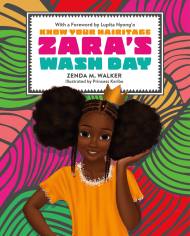
Zara’s Wash Day
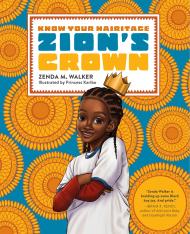
Zion’s Crown
Nyasha Williams on Passing Healing and Abundance Through Generations
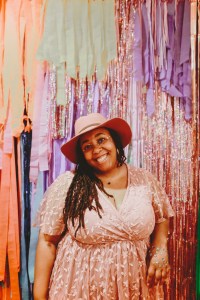
“In honor of Jubilee Day, I decided to work on a poem. I have been hearing the call to re-write Langston Hughes’s ‘I, Too.’ If pain and trauma can be passed through generations, so can healing and abundance.”
I, Too
Langston Hughes – 1902-1967
I, too, sing America.
I am the darker brother.
They send me to eat in the kitchen
When company comes,
But I laugh,
And eat well,
And grow strong.
Tomorrow,
I’ll be at the table
When company comes.
Nobody’ll dare
Say to me,
“Eat in the kitchen,”
Then.
Besides,
They’ll see how beautiful I am
And be ashamed—
I, too, am America.
We, Too
Nyasha Williams
We, too, write America.
Our richly hued community.
They welcome Our selected stories
in palatable variations
White washed in time for company,
But We heal,
And communally create,
And re-Indigenize our dreams.
Tomorrow,
We will have reclaimed and rebuilt our tables.
So when company comes
And they call out to Us,
Pulling out a chair or two,
“Nah, I’m good,”
Our liberated Ancestral reply,
Will ring.
Besides,
They’ll see the wholeness in Our
narratives
And be humbled—
As We, too write America.
“May we all walk in our individual callings, uplifted in community towards belonging and liberation for all.”
Detailed Title List
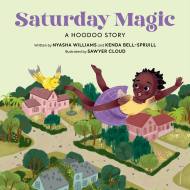
Saturday Magic
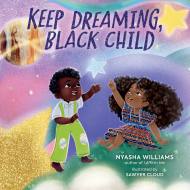
Keep Dreaming, Black Child
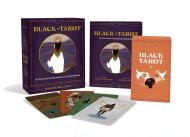
Black Tarot
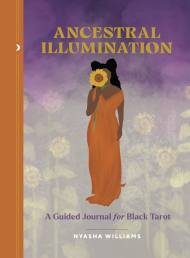
Ancestral Illumination
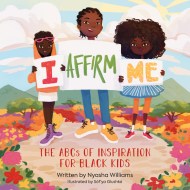
I Affirm Me
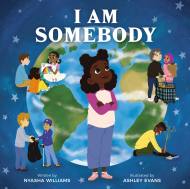
I Am Somebody
From More Black Voices
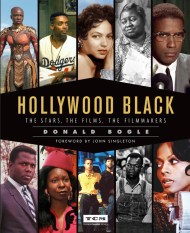
Hollywood Black
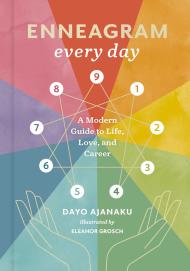
Enneagram Every Day
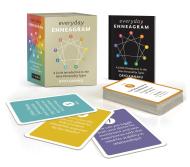
Everyday Enneagram
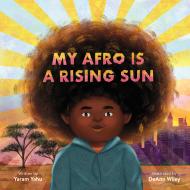
My Afro Is a Rising Sun
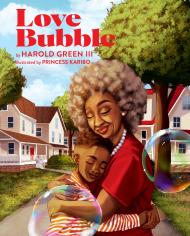
Love Bubble
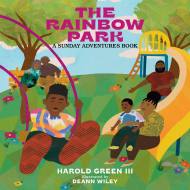
The Rainbow Park
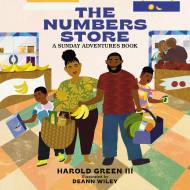
The Numbers Store